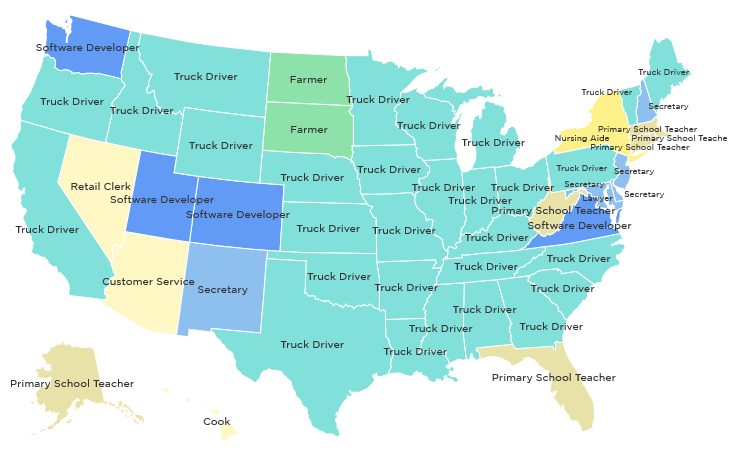
by Josh Martin | Aug 3, 2015 | News
Schiller’s article serves largely as a summary for Martin Ford’s 2015 book Rise of the Robots, in which Ford argues that this time ‘really is different’ when it comes to technological automation’s effects on future labor markets. Technological automation looks set to alter higher education and health care, as well as many other areas usually considered human labor-dependent. Schiller and Ford both recommend a basic income guarantee as a protection for humans as we enter a future where there are simply not enough jobs available.
Ben Schiller, “Yes, Robots Really Are Going To Take Your Job And End The American Dream”, Co.Exist, 19 May 2015.

by Josh Martin | Jul 29, 2015 | News
Forrest’s article focuses on the future of technology and automation that many academics are claiming can replace massive swaths of careers. This automation can be countered in a way through a universal basic income, however.
Adam Forrest, “What Happens When Humans are Obsolete?”, Big Issue, 7 July 2015.

by Josh Martin | Jun 2, 2015 | News
Santens discusses the ramifications of self-driving vehicles on the American economy in the next few decades. The technology already exists, likely to reach the market sometime in the 2020s, but the most popular job in most U.S. states belongs to truck drivers. The economic consequences of displacing these truckers with self-driving trucks may lead to serious unemployment problems due to automation. Santens argues that a basic income can help ease the transition into even further technology-driven automation.
Scott Santens, “Self-Driving Trucks Are Going to Hit Us Like a Human-Driven Truck”, Medium, 14 May 2015.
by Josh Martin | Mar 27, 2015 | News
Bennhold continues the discussion on the future of jobs by highlighting issues with automation and possible solutions to these problems. One such solution often considered is a basic income.
Katrin Bennhold, “After Jobs Dry Up, What Then?”, New York Times, 10 March 2015.
by Josh Martin | Mar 22, 2015 | News
Schneider’s piece excellently discusses the swaths of techies who are joining the basic income movement and their reasons for doing so. A basic income has the sort of simplicity heralded in the tech world, and it could free people up to spend more time tinkering and creating venture capital. Further, Schneider highlights the differing political arguments, from libertarians to progressives to Marxists.
Nathan Schneider, “Why the Tech Elite is Getting Behind Universal Basic Income”, P2P Foundation, 24 February 2015.




